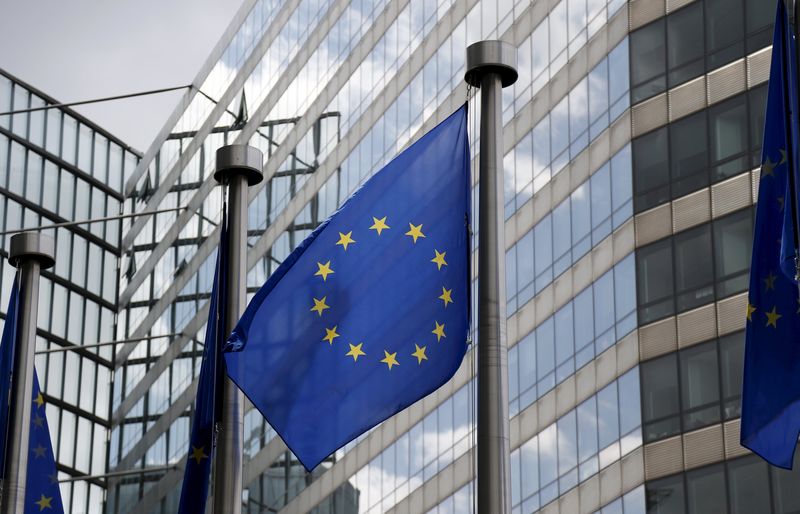By Huw Jones
LONDON (Reuters) - A panel of European Union lawmakers narrowly rejected a draft law aimed at curbing trading risks at banks after they failed to bridge a deep divide between the main parties.
The European Parliament's economic affairs committee voted to reject the draft law on bank structural reform by 30 votes to 29 in a relatively rare move.
"We go back to the committee," the committee's chairman, Roberto Gualtieri said.
Centre right and Liberal parties failed to win an overall majority to water down the draft law to avoid what they see as overly shackling banks after the EU has already introduced many new rules to rein in risks at lenders.
Parties on the left want to strengthen the draft law, seen by them as essential to stop banks being "too big to fail", but they were unable to muster a consistent majority to do this.
"The marching-through of the banking lobby has been stopped for now," said Jakob von Weizsaecker, a German centre-left member of the committee.
The lengthy and at times confusing vote left some committee members unsure of what had been voted through in detail.
The original draft proposed separation of risky trading at a bank if volume is above a certain level.
Gunnar Hoekmark, the Swedish centre-right lawmaker steering the measure through parliament, said amendments backing his push to give supervisors discretion on when separation takes place had been backed by the committee.
"I am disappointed, but paradoxically my line got strong support in the different votes and the idea of mandatory separation was voted down," Hoekmark told Reuters.
There was also a majority for amendments banning proprietary trading, Hoekmark added, referring to banks using their own money to take bets on market moves.
Before the vote, some lawmakers called for a postponement to find a consensus, although others doubted that a few more days of talks would make much difference.
Philippe Lamberts, a Green party lawmaker said if no consensus was found then there was a risk that the European Commission, which drafted the measure, would withdraw it.
EU states have joint say on the draft law but have yet to agree on their own version before sitting down with parliament to thrash out a joint deal that would become law.

Britain, Germany and France are already introducing their own national rules to curb trading risks at banks, echoing a similar move by the United States with its Volcker Rule.